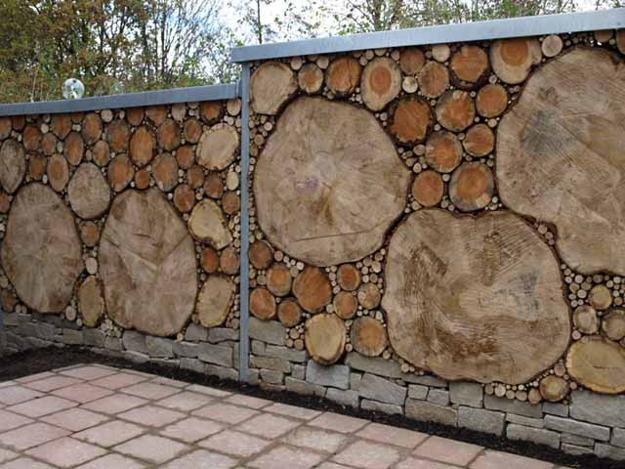In the realm of construction and landscaping, retaining walls are a crucial component, serving both functional and aesthetic purposes. They are designed to withstand the forces of gravity, stabilize slopes, prevent soil erosion, and create usable land for building structures. The question often arises, What is the strongest material for a retaining wall? This article aims to delve into this topic, providing a comprehensive analysis of the various materials used in constructing retaining walls and identifying the most robust among them.
The strength of a retaining wall is determined by several factors, including the type of soil it is holding back, the height of the wall, the climate, and the material used for construction. Among these, the choice of material is paramount, as it directly influences the wall's durability, maintenance needs, and overall lifespan.
- Concrete: A Time-Tested Material
Concrete is a popular choice for retaining walls due to its strength and durability. It can withstand high pressure, making it suitable for retaining large amounts of soil. Precast concrete blocks and poured concrete are two common forms used. Poured concrete walls are exceptionally strong and can last for decades with minimal maintenance. However, they may require professional installation due to the complexity of the process.
- Stone and Rock: The Natural Choice
Stone and rock walls are another robust option. They offer a natural aesthetic that blends well with various landscapes. Dry-stacked stone walls, in particular, are known for their strength and durability. However, they require a skilled craftsman for construction and may be more expensive than other options.
- Timber: The Classic Option
Timber retaining walls are a classic choice, especially for smaller, decorative walls. While not as strong as concrete or stone, timber walls can still hold up well if properly maintained. However, they are susceptible to rot and insect damage, which can compromise their strength over time.
- Brick: The Traditional Favorite
Brick retaining walls are a traditional favorite, offering a classic aesthetic and decent strength. However, they require a solid footing to prevent shifting, and they may not be as durable as concrete or stone in harsh climates or heavy soil conditions.
- Steel: The Modern Alternative
Steel retaining walls are a modern alternative, offering high strength and durability. They are resistant to rot and pests, and they can withstand heavy loads. However, they may be prone to rust if not properly treated and maintained.
After analyzing these materials, it's clear that concrete, particularly poured concrete, emerges as the strongest material for a retaining wall. It offers superior strength, durability, and longevity, making it an excellent choice for both functional and decorative retaining walls.
However, the strongest material may not always be the best choice for every situation. Factors such as cost, aesthetics, maintenance requirements, and environmental conditions should also be considered when choosing a material for a retaining wall. Therefore, it's crucial to consult with a professional to determine the most suitable material for your specific needs.
In conclusion, while concrete is the strongest material for a retaining wall, the best material for you will depend on your unique requirements and circumstances. By considering all relevant factors and seeking professional advice, you can ensure that your retaining wall is not only strong but also functional, attractive, and long-lasting.

More Stories
彩色裝飾建築膜:重塑香港家居與建築美學的新選擇
Common Problems and Solutions in Architectural Tempered Glass Installation
Non-invasive pipeline repair: a "minimally invasive surgery" for underground pipelines